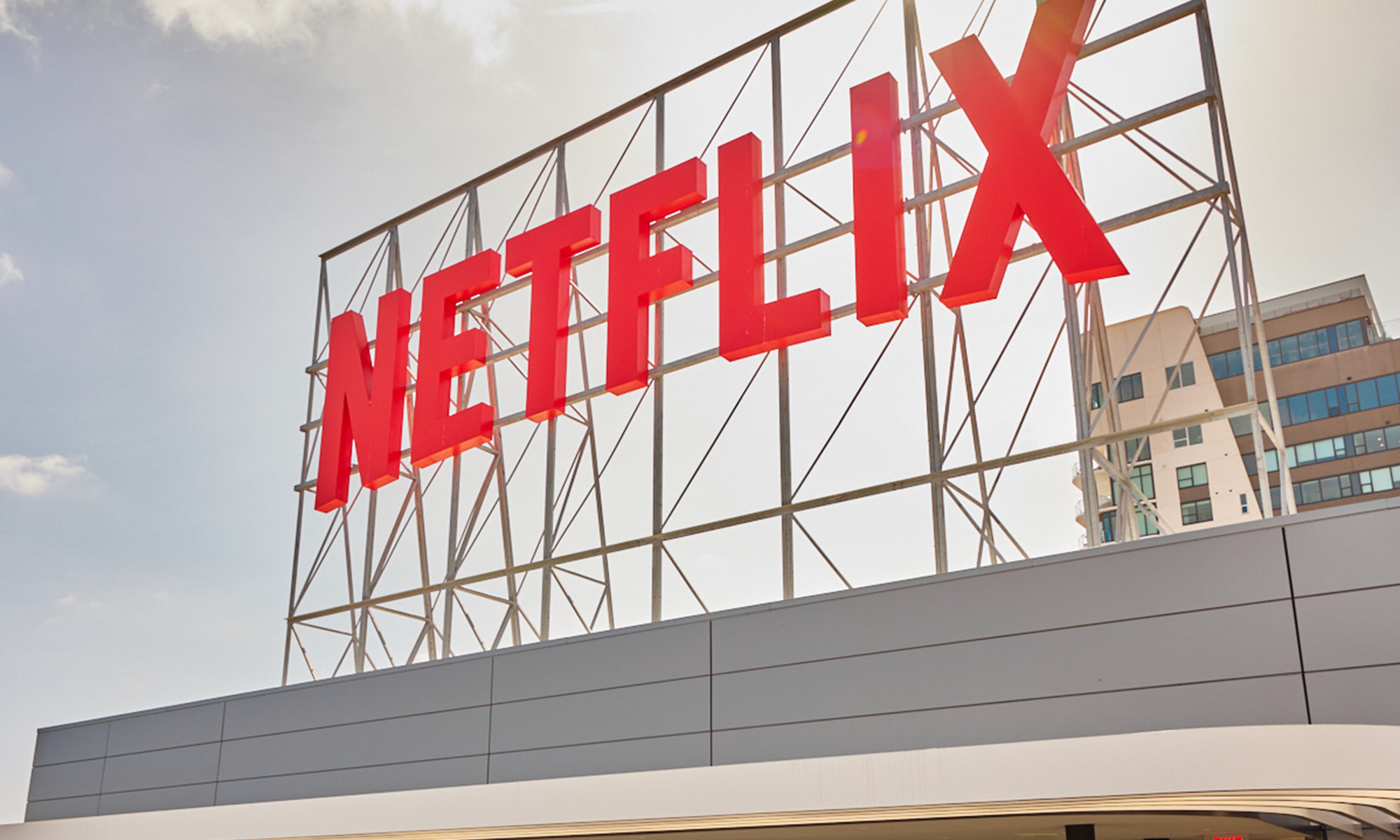With Disney (DIS 0.22%) pricing its streaming service at $7 per month and $70 per year, there's been plenty of interest about how this might affect Netflix's (NFLX 3.41%) value proposition.
Streaming won't be a winner-take-all space, and Netflix remains a top offering in the category, but new entrants are hitting the market each year -- and the influx of competition highlights some of the platform's shortcomings. Family and children's programming is an area where Disney+ has a big advantage, and it looks like Netflix is moving to address that.
The streaming giant is teaming up with Viacom's (NASDAQ: VIA)(VIAB +0.00%) Nickelodeon division for a multiyear production partnership that will see the children's entertainment network bring new content to Netflix. The specifics of the deal haven't been made public, but some reports suggest that it will be worth more than $200 million for Viacom and will see big Nickelodeon properties, including a SpongeBob SquarePants spinoff, join the Netflix lineup. This looks like a smart venture for both companies, and it wouldn't be surprising to see it evolve into a deeper, longer-term partnership.

Image source: Getty Images.
Netflix is suddenly under pressure to justify its price
Disney+ has significantly shifted the dynamics of the streaming market, and the edge that it has in the family entertainment space over Netflix is hard to deny. Between its vault of classic films and television series created for networks including The Disney Channel, ABC Family, and ABC, The House of Mouse has a history and library of content in children's entertainment that's unmatched. That advantage looks even more significant in light of Disney's move to undercut Netflix's pricing with its new streaming service.
After a round of price hikes earlier this year, Netflix offers a single-stream, non-HD package that starts at $9 per month, a $13 per month offering that allows two simultaneous HD streams, and a premium subscription priced at $16 per month that lets users have four Ultra-HD streams. Meanwhile, Disney+ matches its biggest competitor's premium package in terms of resolution and concurrent-stream offerings -- but at a $7 monthly price point that has changed the game.
Netflix has a clear edge when it comes to breadth of content, but Disney+ can also be purchased in a bundle with ad-supported Hulu and ESPN+ at just $13 a month (or $19 a month for ad-free Hulu). For families on the hunt for the best value in streaming, there's a strong case to be made that Disney is leading the pack right now.
Family matters
Allowing Disney to have a significant edge when it comes to kids' entertainment would be a major misstep for Netflix, even if the costs needed to produce high-quality offerings in the category will add to the company's already sizable content budget. Nickelodeon is a business with proven success in youth-focused entertainment, capable of bringing both a library of celebrated franchises and proven production studios to the table. That's exactly the kind of partner that Netflix needs as the streaming wars heat up.
The streaming company had already licensed Nickelodeon content including animated movies for Rocko's Modern Life, Invader Zim, and Hey Arnold! and live-action shows from the network including Victorious and Sam & Cat. The company also announced it would feature new animated movies based on Nickelodeon's Loud House and Teenage Mutant Ninja Turtles prior to the latest news of their original content partnership.
It's not clear what exactly Nickelodeon has in the works for the streaming service outside of the SpongeBob spinoff. News that an upcoming Rugrats movie was taken off of Viacom's theatrical release slate was followed by the Netflix original-content partnership announcement, so that project appears to be a potential candidate for the platform -- although it could be part of a separate deal. What is clear is that Netflix needed to respond to Disney+'s big advantage in children's and family programming, and Viacom stood out as an ideal ally.

SpongeBob is coming to Netflix! Image source: Viacom.
Viacom needs Netflix, too
The partnership between Netflix and Viacom isn't an entirely new development. The two companies announced that Viacom's Paramount Pictures division would be creating new original content for the streaming service last November, and there's a good chance that the two entertainment players will continue to strengthen their relationship despite some big organizational changes on the horizon.
Viacom is set to merge with CBS, and even though each party in the soon-to-be combined company has a range of streaming offerings that will be supported in the near term, they're still not well-positioned to take on Netflix, Disney, or AT&T's Time Warner in over-the-top distribution. Viacom and CBS compete with Disney and Warner at the box office, on television, and in the premium cable category.
The combined ViacomCBS will still look for the most favorable content deals with third parties and support some of its own streaming platforms, but Netflix stands out as one of the merged company's most natural partners.
With tougher competition, Netflix has to deliver quantity and quality
Netflix has sometimes been faulted for a focus on quantity over quality, greenlighting a large number of productions and acquiring completed works for distribution in order to build out its catalog and give subscribers a vast array of titles to choose from. That's a strategy that's been very successful, but it may prove better suited to a time when the company was one of the few big players in the streaming space and viewers had fewer options for their next binge-watch session.
The streaming pioneer has scored impressive hits with series including Stranger Things, House of Cards, and Orange Is the New Black, but it doesn't really have original properties for younger audiences that are category leaders or have much brand power. And even outside of the family entertainment space, if you asked Netflix subscribers to name really great original movies on the platform, how many names might spring to mind? The list almost certainly wouldn't compare favorably when stacked against its emerging competitors' best productions.
With Disney and AT&T's Time Warner unit making a big push into streaming, the market dynamics are shifting. These are companies that have been operating and producing content for nearly a century, and many of the films and shows that they've created across their storied runs were made with the intent of being high-profile releases at theaters or major television networks. That puts pressure on Netflix to both improve its original productions and expand its library of licensed shows and films, and that means investors have to count on content spending at the company continuing to climb rapidly.








